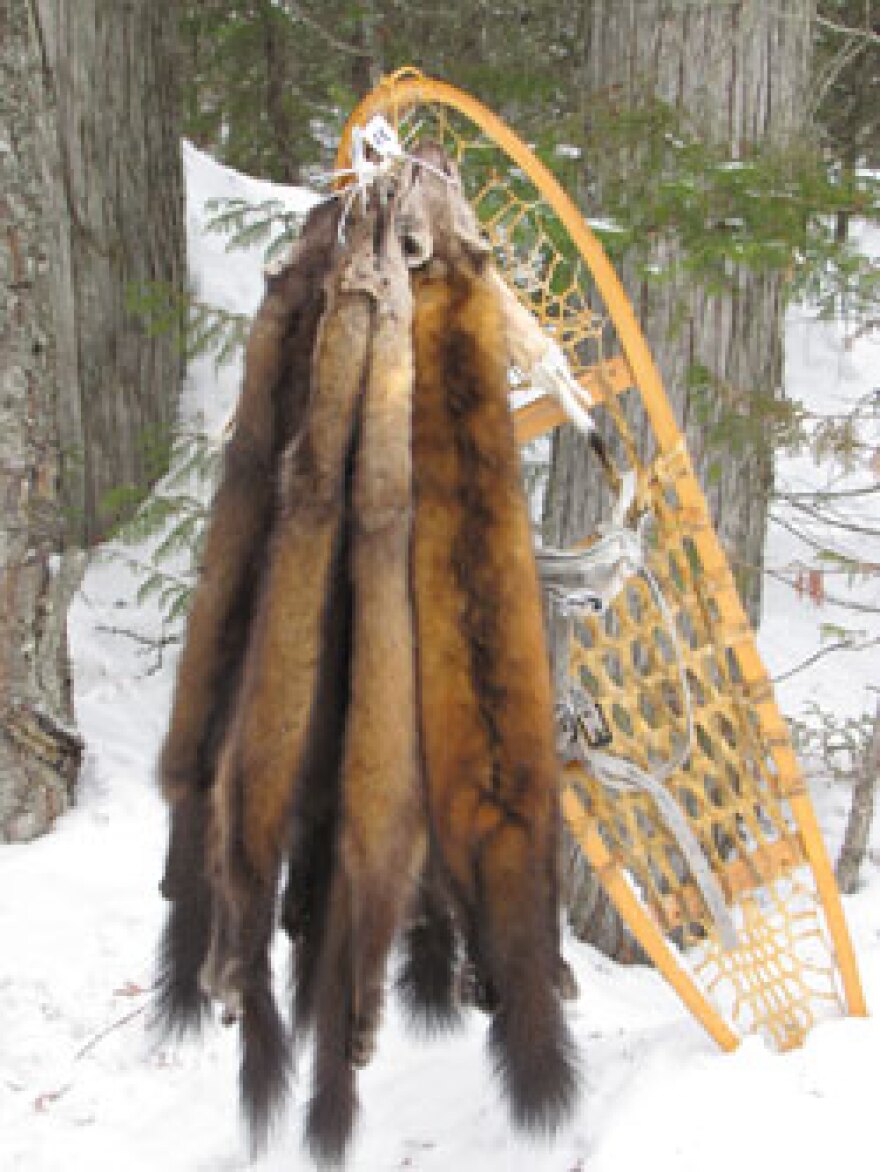This story was updated on 1/23/15 to correct an error describing the process of amending the state constitution.
State lawmakers are considering a bill to reaffirm that trapping is a form of hunting protected by the state Constitution.
In 2004 voters amended the constitution to guarantee Montanans the right to harvest fish or wild game. Former state senator Joe Balyeat led that initiative and says this session's House Bill 212 essentially uses the word "harvest" to clarify that trapping is no different than fishing or hunting big game.
"Because 'harvest' is the word used constitutionally, the drafters of HB 212 believe that word, for consistency, should be used throughout the statute dealing with hunting, fishing and trapping."

Trapping opponent Christopher Justice sees it differently. He says the word "harvest" can be open to some constitutional interpretation, but "wild game animal" can not.
"It's a clearly defined list of species within that section. Furbearers are very obviously omitted from that."
Justice, executive director of the Missoula-based non-profit, "Footloose Montana", believes there's a reason the word “trapping” wasn’t included in the constitutional protection of harvesting animals.
"The harvest of deer and fish and other wild game animals, through the practice of hunting and fishing is a largely individual endeavor that's meant for personal consumption. Traditionally, the consumption of a furbearer on public land is for commercial purpose and therefore has a different status as far as its protection," says Justice.
"Commercial purpose", meaning the sale of pelts.Former state senator Balyeat says Justice is basing his position on a state statute defining "game" animals as big game: deer, elk, moose. He adds this reminder: 2004's constitutional amendment trumps state statute.
"I can tell you the intent that those of us who drafted the constitutional language intended that "wild game animals" would refer to both big game animals and fur-bearing species," Balyeat says.
“Opponents worry that if trapping were to be specified as a constitutional right, that would make it extremely difficult to ban trapping on public lands. That’s because amending the constitution requires a two-thirds vote by the legislature and then voter passage of a constitutional referendum. Joe Balyeat notes Montana’s constitutional initiative process could also be used to implement a trapping ban and that would not require any legislative action.”
Footloose says trapping is a cruel, indiscriminate and largely unregulated activity; charges trappers refute.
"I also believe that even if they were to interpret somehow that trapping is protected as an 'opportunity' under the constitution, I still think it's within the legislative power of the people and the legislature to codify and define the terms of that," says Justice.
Meaning he believes trapping should be far more regulated than it currently is.
HB 212 supporter Joe Balyeat doesn't think statutory attempts to ban trapping from public lands can meet constitutional muster. That's why he says the measure would actually help those organizations.
"When you go through all the effort to get an initiative on the ballot, all those signatures, and then you get it passed by the voters and the court throws it out after the fact, I can tell you from experience, that's a very disheartening thing to go through."
House Bill 212 is sponsored by Republican Helena Representative Kirk Wagoner. It had a hearing Tuesday where trapping advocates and opponents testified. No action was taken on the bill.
Christopher Justice says Footloose Montana is planning a campaign next year to end trapping on public lands.


